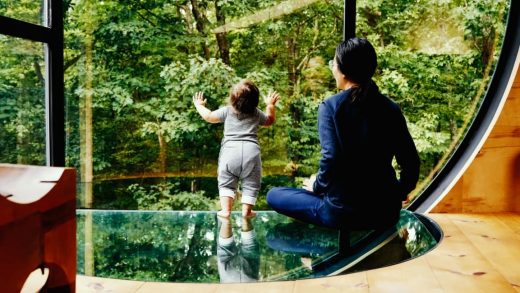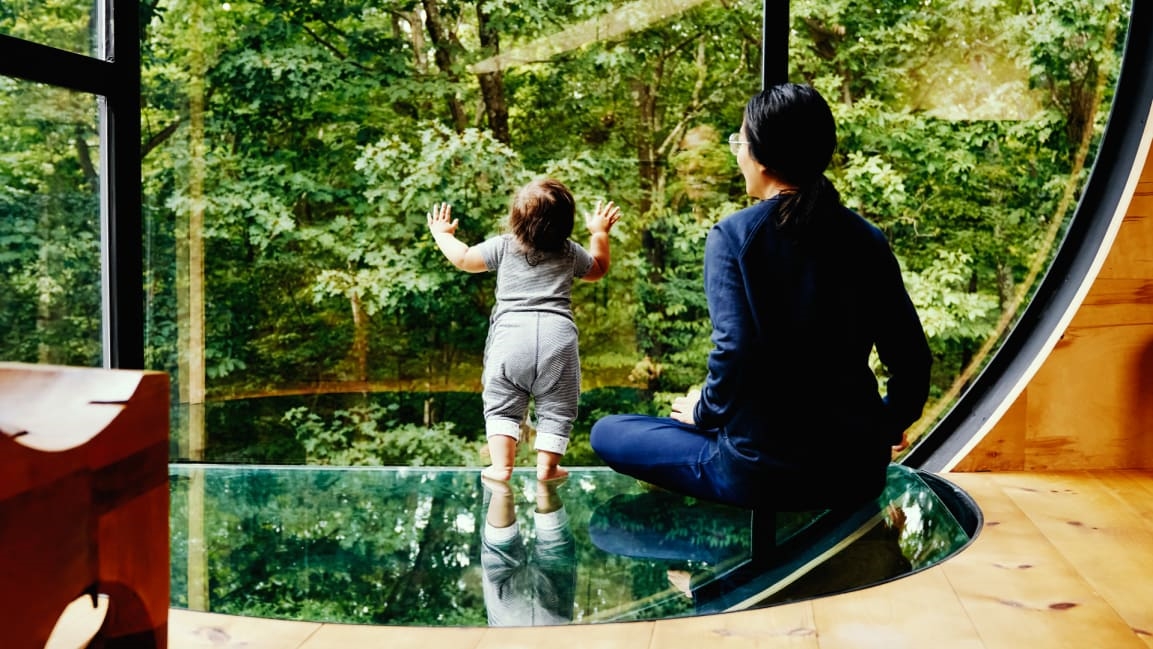4 ways travel will be different in 2021, according to Airbnb
But now that vaccines are developed, normal life feels like it could once again be possible, perhaps even this year! And as people anticipate resuming things they love—dining in restaurants, reading in cafes, gathering with family and friends—getting the hell out of Dodge also tops the list, according to a new report from Airbnb.
“Travel will be viewed as an antidote to isolation and disconnection,” wrote the home rental company, which pulled together insights gleaned from a year of data spanning mid-2019 to late 2020 as well as a public poll conducted in December 2020. And according to its findings, travel is the out-of-home activity Americans have missed the most, with 54% planning to travel in 2021.
But their trips will look a little different from pre-pandemic times. Here’s how:
Less social media, more “meaningful” connections: According to Airbnb, “spending time with friends and family is the type of travel Americans miss the most.” More than half, or 51%, say the first people they will visit are immediate family, and 32% say they would want to stay close to family in subsequent trips. Meanwhile, travelers are apparently de-prioritizing the pristine glacier hikes and wild safari tours: Only 21% of Americans say they are hungry for share-worthy destinations to post to Facebook and Instagram, versus 52% who say they would rather disconnect from technology entirely. More than a third, or 37%, said their definition of “meaningful” travel has changed to focus more on time with loved ones.
Shorter radius: For 2021 travel, a majority (56%) prefer domestic or local jaunts, versus just 21% who prefer international destinations. Interest in car travel was highest, beating interest in air travel by double digits. That’s a shift from 2019, when travel distances over 3,000 miles were Airbnb’s most popular segment.
Fewer crowds: Before the pandemic, Airbnb’s top 10 destination cities included busy metropolitan capitals such as Barcelona, London, Los Angeles, Madrid, New York, Paris, and Rome. But after the pandemic, quieter, low-key destinations saw the largest year-over-year growth, including Derbyshire, United Kingdom; Rodanthe, North Carolina (a coastal village in the Outer Banks); Forks, Washington (the main setting for the Twilight book series); and the Muskoka Lakes, a few hours’ drive from Toronto.
The advent of virtual travel: Airbnb defines virtual travel as “experiencing a destination or engaging in a cultural activity while in your own home, using a computer, tablet or phone,” which was relatively new but quickly taken up during the pandemic. Almost a fifth, or 18%, of Americans have already participated, with a strong percentage responding positively. And given current investments in VR and AR technology from computer titans like Google and Microsoft, we can only expect the field to grow.
(12)



